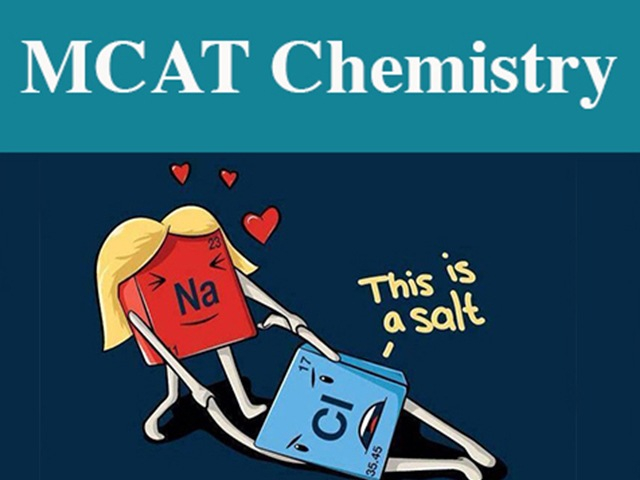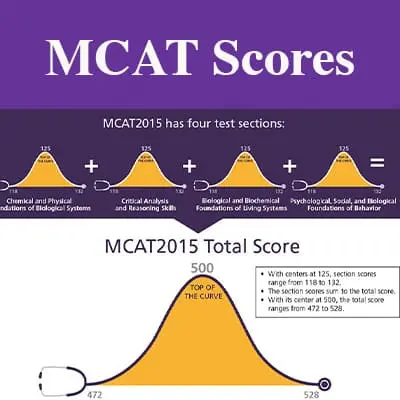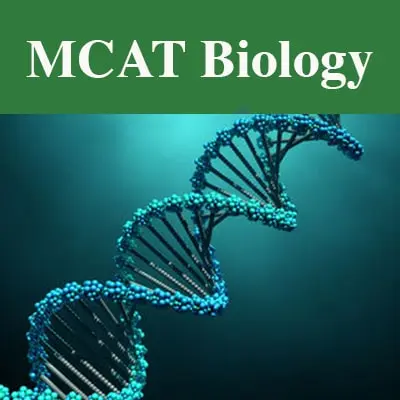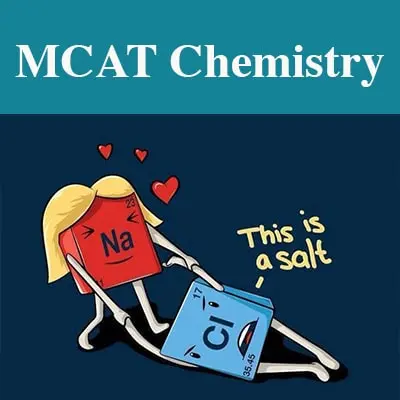MCAT Physical Sciences Section
What You Need To Know
The Chemical and Physical Foundations of Biological Systems section of the MCAT is a 95-minute section containing 59 multiple-choice questions. This section asks you to combine your knowledge of foundational chemical and physical sciences concepts with your scientific inquiry, reasoning, and research and statistics skills to solve problems that demonstrate readiness for medical school.
Understanding the mechanical, physical, and biochemical functions of tissues, organs, and organ systems is important to the study of medicine.
You will be tested on your knowledge of the basic chemical and physical principles that underlie the mechanisms operating in the human body and your ability to apply an understanding of these general principles to living systems.
Physics & Chemistry MCAT Section
Two Key Concepts Tested
Foundational Concept 4: Complex living organisms transport materials, sense their environment, process signals, and respond to changes using processes that can be understood in terms of physical principles.
- 4A: Translational motion, forces, work, energy, and equilibrium in living systems
- 4B: Importance of fluids for the circulation of blood, gas movement, and gas exchange
- 4C: Electrochemistry and electrical circuits and their elements
- 4D: How light and sound interact with matter
- 4E: Atoms, nuclear decay, electronic structure, and atomic chemical behavior
Foundational Concept 5: The principles that govern chemical interactions and reactions form the basis for a broader understanding of the molecular dynamics of living systems.
- 5A: Unique nature of water and its solutions
- 5B: Nature of molecules and intermolecular interactions
- 5C: Separation and purification methods
- 5D: Structure, function, and reactivity of biologically-relevant molecules
- 5E: Principles of chemical thermodynamics and kinetics














